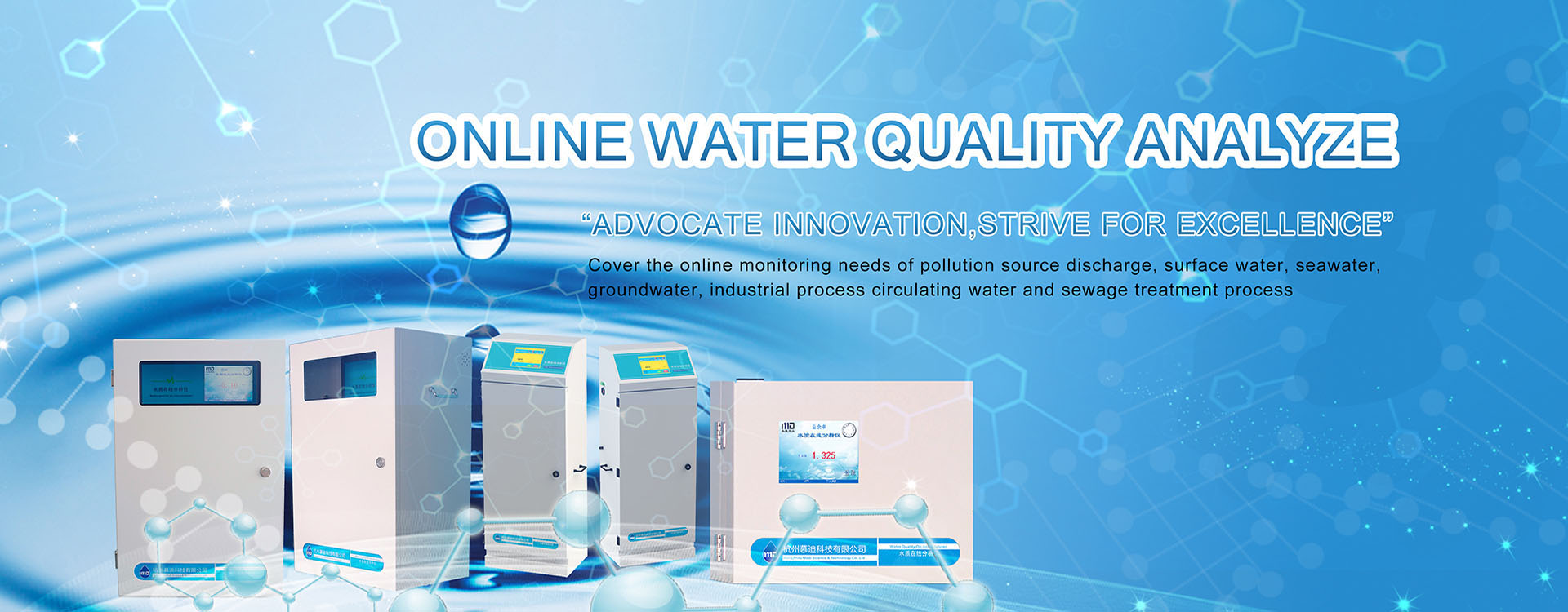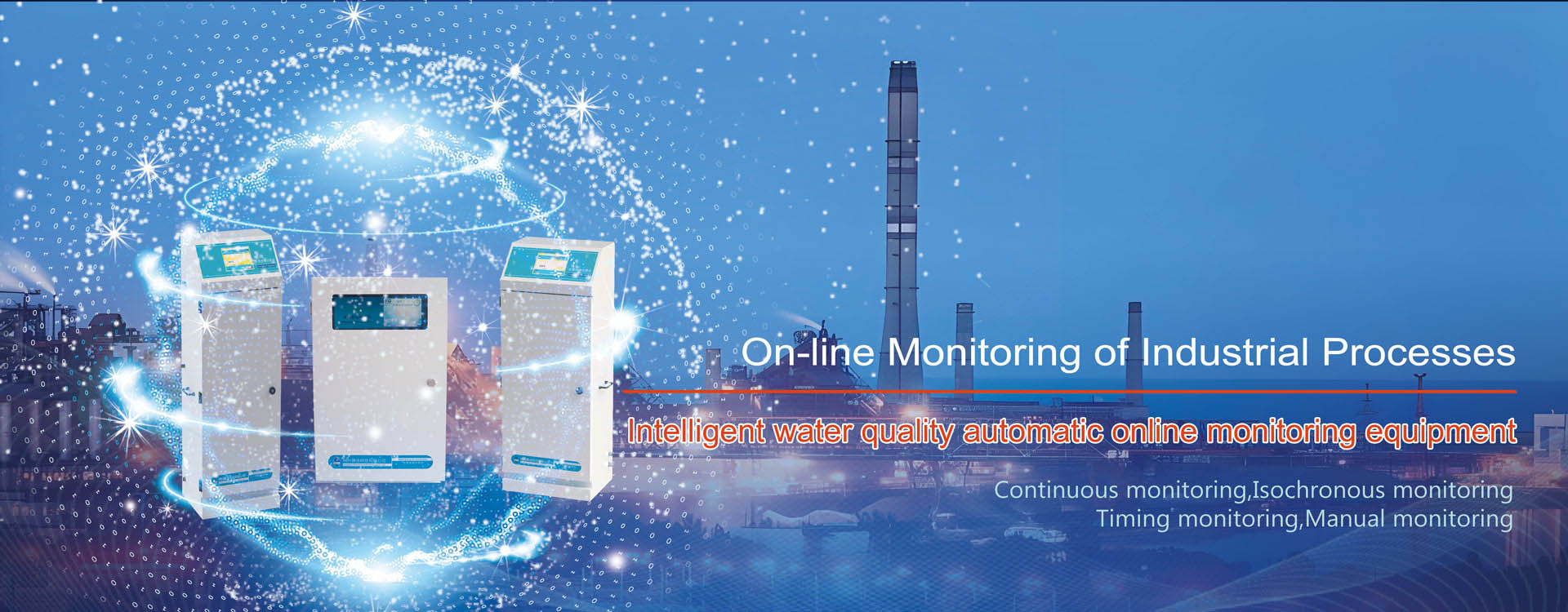First, it is necessary to understand what industrial process water is? It refers to the water used by various departments of industrial and mining enterprises in the industrial production process. It is used in industries such as manufacturing, processing, air conditioning, washing, and boilers. Let’s take a look at the classification and testing items of industrial process water together with the editor below!
Several Classifications of Industrial Process Water
1.Total water consumption refers to the entire amount of water used in the production process in industrial and mining enterprises, which includes air conditioning, cooling, process water, and other water uses. Under certain conditions and at the level of the generation process, this total water consumption is basically a fixed value and can be calculated through testing.
2.Water intake, which can also be called supplementary water. It mainly refers to the total water content that an enterprise takes from different water sources (such as rivers, lakes or reservoirs, underground water, tap water, etc.).
3.Discharged water refers to the amount of water that needs to be discharged after being used by industrial and mining enterprises.
4.Water consumption refers to the total amount of water consumed during the production process, including evaporation, leakage, industrial consumption, etc.
Reuse of water mainly refers to the amount of water used twice or more in industrial production processes. Reuse of water includes both recycled water and the total amount of water used twice or more.
Doing a good job in process water monitoring is a task that all staff must complete! As for what the water testing items for industrial processes are? It has an odor, electrical conductivity, transparency, pH value, turbidity, suspended solids, acidity, alkalinity, ammonia nitrogen, nitrite nitrogen, nitrate nitrogen, sulfate, chloride, fluoride, total cyanide, sulfide, etc.




